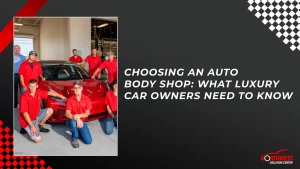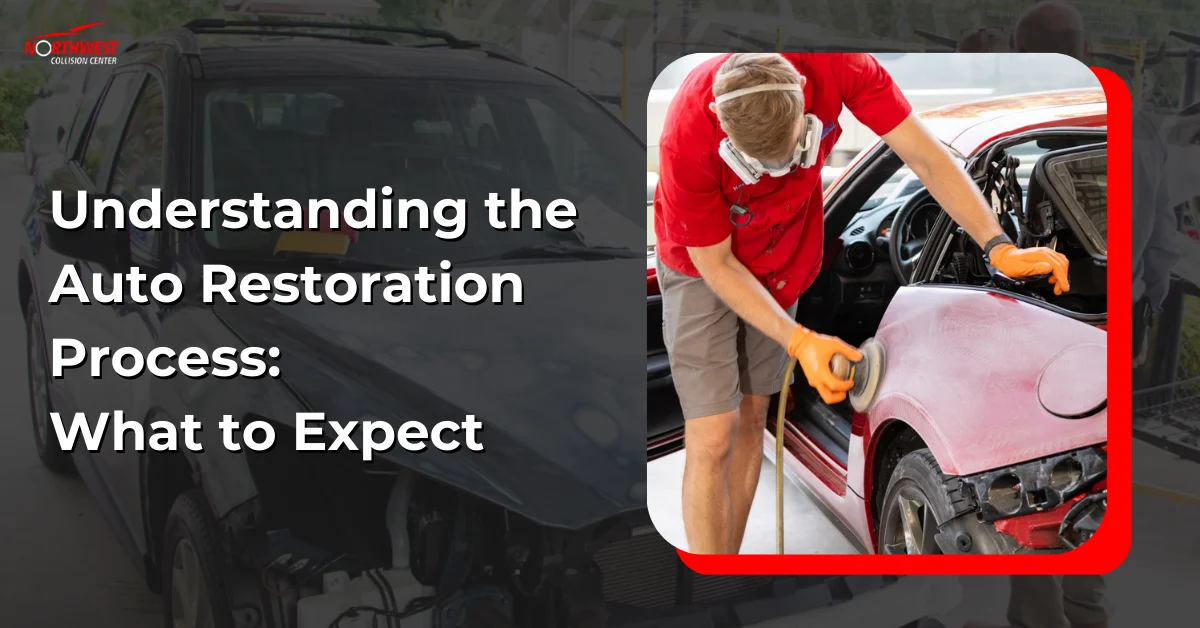A lot of electric car owners ask, are electric car batteries recyclable? The simple answer to that question is yes. Most EV manufacturers today have studied how to repurpose each electric car battery once they have completed their main function. One of the most popular ideas is to use the battery to power houses and buildings, but the experiments have not yet proven successful.
The main purpose of an EV battery is, of course, to provide power to an electric car. But when a battery is removed from a vehicle, it can be used to provide energy storage for other electric equipment and vehicles.
Electric car battery recycling involves separating the reusable materials from the ones that cannot be reused. The valuable materials of an EV battery include lithium salts, stainless steel, cobalt, and aluminum. As of now, only half of the materials used in an EV battery are useful for recycling, but manufacturers aim to improve this as the demand for electric vehicles is rising.
Before we understand how electric car batteries are recycled, we must understand everything about how they work.
How Do EV Batteries Work?
First things first, what are electric car batteries made of? Electric vehicles, like their name entails, get their power from lithium-ion batteries. Unlike the small li-ion battery you find in your phone, a single EV battery is composed of thousands of li-ion cells that help power the entire machinery. And just like any other electronic device, when an electric car battery needs power, it uses electricity to charge.
How Long Do Electric Car Batteries Last?
The moment an EV battery loses its capability to power an electric car, it can be used to power other devices by serving as an energy storage system. These storage systems store energy from old batteries to be used for emergencies.
If your home or business uses a renewable energy source such as solar power, you can store that energy with your old EV battery so you can use the power at night. This will help you save money on electric bills in the long run.
Your EV battery is proven to last for many years. Most manufacturers guarantee that their electric vehicle models can last up to eight years, and even offer a warrant for it.
However, it is still not advisable to max out your EV battery’s capacity by using it for a long period of time. That’s why manufacturers designed the batteries to buffer in order to prevent their full power from being exhausted in just a few uses. This technique reduces the number of cycles your battery has to go through, making it cool down and allowing it to live longer.
In order to preserve the life of your electric car battery, it is designed to have extra capacity to make up for its degradation over time. This means that as your EV ages, its battery capacity can be used up, allowing its range to remain the same throughout the battery’s lifetime.
Electric Car Battery Disposal
Now that you know that electric car batteries can be recycled, you must still take into consideration how the EV batteries can be disposed of without posing harm to the environment. As mentioned earlier, EV batteries can be used to support a renewable energy source to help power other electronic vehicles in the future.
Batteries that have some power left in them can be used to power or charge mobile electronic devices. Those batteries that have maxed out their power will be ground into powder in order to extract the raw materials like nickel and lithium. The materials can then be used to make more electric car batteries.
How Much Does Recycling Car Batteries Cost?
Recent reports show that the cost of recycling car batteries is currently around $4 per kilogram for electric car batteries and around $2 for other hybrid electric devices. However, the materials can only be considered recycled when the materials used become a product, and electric car battery recyclers must take this into account when they set the prices.
Recycling your electric car battery is the best way to dispose of it. With the right information and process, you can even save money while saving the environment.
For all of your electric vehicle concerns, Northwest Collision Center is the best auto body repair shop in St. Petersburg, FL. We provide auto repair, restoration, detailing, and 24-hour towing for all electric vehicle brands. Visit our website to learn more about our services and call us now!










